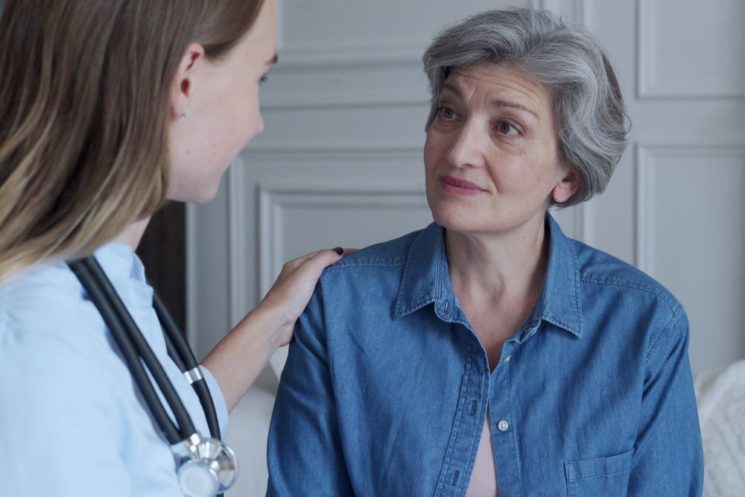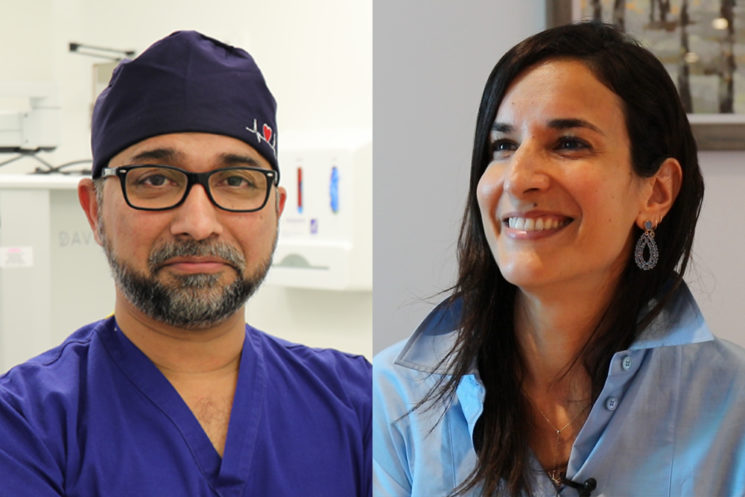
Causes of vaginal dryness
Vaginal dryness is caused by a reduction of the female hormone oestrogen. Oestrogen is the hormone that promotes a healthy vaginal blood supply and improves vaginal function and cell growth.
The most common time to develop vaginal dryness is at menopause.
Other causes include:
- breastfeeding (temporary)
- hysterectomy, or removal of ovaries (surgical menopause)
- chemotherapy (Medical menopause)
- chronic illnesses, including diabetes and autoimmune disease
Vaginal dryness can also be caused by fragranced body washes, soaps, or douches being used around or in the vagina.
How is vaginal dryness diagnosed?
If you are experiencing vaginal dryness and you are not sure of the cause, or it is causing you pain or discomfort, it is helpful to see a medical professional.
The doctor will not only take a detailed medical history but also will perform an internal examination to assess whether you have vaginal atrophy. You may well have blood tests to check hormone levels.
The doctor will discuss treatment options.
MonaLisa Touch®
MonaLisa Touch® is an innovative CO2 laser which delivers local energy to the vaginal wall tissue. The laser stimulates the production of collagen and new blood vessels, restoring proper balance to the mucous membrane.
It is a quick and minimally invasive procedure, performed in an outpatient setting.
Your gynaecologist will discuss your treatment options after a clinical assessment to see if MonaLisa Touch® is the right option for you.
Cromwell Hospital gynaecology service
Cromwell Hospital provides a comprehensive diagnostic service for all gynaecological conditions, using the latest technology and an on-site laboratory for fast, accurate test results.
In most cases we can offer same day diagnostic tests, including ultrasound, ensuring prompt and precise care from our dedicated team of leading gynaecologists in London.



